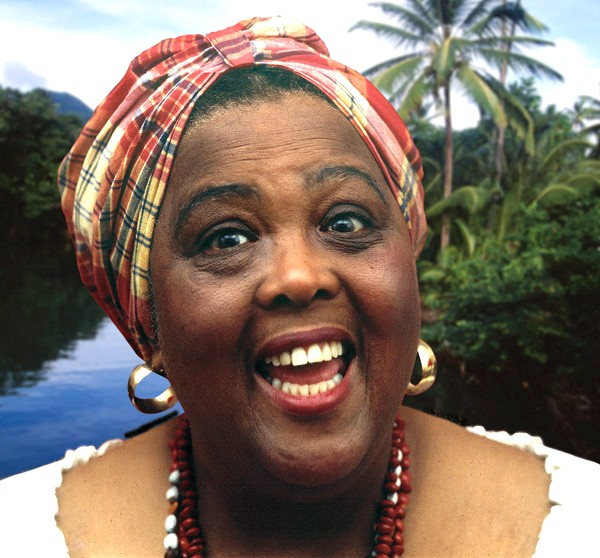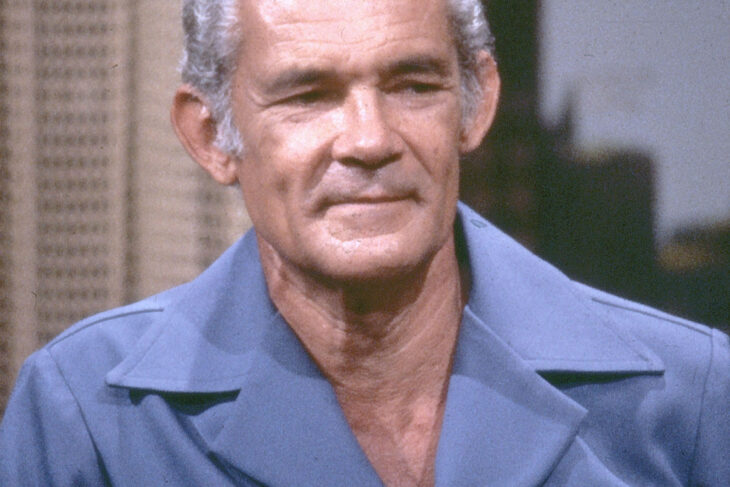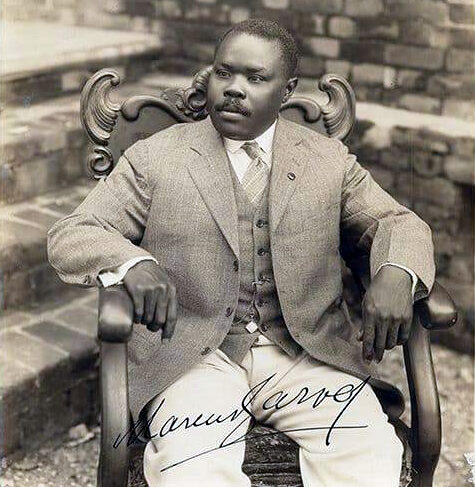
The entire month of September every year, should be dedicated to honour the late Hon. Louise Bennett-Coverley O.M., O.J., M.B.E. D. Lit. For not only was she Jamaica’s first recorded artist, a literary genius, comedienne, actress, teacher, poet and dramatist, but also a true revolutionary.
Naturally, I am not using the term revolutionaryin a political sense but with respect to the fact that she, brought aboutcomplete and dramatic change to the Jamaican cultural landscape.
It was by no means an easy task at all!
She was born in 1919 (September 7th) and started appearing on stage from 1929. This was at the height of the British colonial period. At that time, most still took umbrage at their subjects communicating with each other in a language they could not understand.
Stop and think therefore about the fight she must have received in the early days, in promoting the use of the Jamaican language which is today so widely loved internationally and is even being taught at York University in Canada and Harvard in the USA.
I remember well, being a child in the 50s and 60s, and being prohibited from speaking Patois (Patwah) both at home and school. In those days, our native language was disparaged by the British colonial establishment and their hangers-ons, as being broken English which only the uneducated used.
Miss Lou, however, set the record straight and restored our pride in our African ancestry, when she taught us that our language was mostly derived from Twi, a West African language. Like all other major languages throughout the world, it also adopted a sprinkling of words from other languages like English, Spanish, etc.
If the backward attitude towards our native language prevails to some extent even today in some quarters, can you imagine the fights and condemnation Miss Lou had to face when she went on stage in the early days to recite her poems and perform in the skits she wrote in Patwah?
According to Enclycopedia.com, in the 1930s and 1940s, “Some criticized her ‘improper’ manner of speaking — a stark contrast to the Oxford English spoken by educated Jamaicans — but her poems instantly became popular among Jamaicans on the island and abroad. The island’s newspaper, The Gleaner, initially refused to publish her work.”
Hers must have been a lonely journey, but she was unfazed and soldiered on.
Despite her best efforts though, as a young Jamaican girl I still was not able to speak my native language comfortably until I migrated to live in Canada in the late 60s. It was wonderful, to, like the myriad other immigrants there, have my ‘own language’. Better yet, being able to communicate freely with my Jamaican friends while totally discombobulating outsiders was priceless.
Not only was Miss Lou outstanding in the dramatic arena, but when you listen carefully to her work, whether done comically or seriously, I dare say she was one of Jamaica’s most thoughtful and profound political commentators. I opine that her most impactful work is to be found in the series “Aunty Roachy Seh” where our social consciousness as a nation was being awakened, through her inimitable humour.
Miss Lou’s entire contribution has been so ground-breaking that it needs to be fully analyzed, appreciated and widely disseminated for the entire month of September each year.
In explaining her early immense interest in language and culture, in an interview entitled “Miss Lou and the early Jamaican Theatre” produced by the National Library, she explained that it was her exposure to women from all walks of life from an early age which stoked her passion.
Her mother had been a dressmaker with clients ranging from the wives of governors and other “top a naris people” to those from the humblest circumstances. To her mom though, everyone was a lady, from “coal lady” to “governor wife lady.”
What she observed early from their interaction with her mom was how important humour was to conversation and most importantly, how everybody was speaking the language of the common people when they became comfortable.
In 1948, when the national pantomime was being staged by expatriates in Kingston and performed in the queen’sEnglish, she wrote Bluebeard in patois and acted in it.
That totally revolutionized the theatre landscape in Jamaica. However, the prejudices against our own language have persisted among some colonial-minded individuals even today.
It is important to note that although promoting respect for and the use of Patwah, Miss Lou has never discouraged us not to learn and use other languages. That would have been an imbecilic attitude and she, being a great believer in each of us acquiring the widest education possible, never trod that path.
She spoke English flawlessly and I dare say if she was around today, she would encourage us all to, at the very least, get a working knowledge of as many languages possible, including Mandarin!
Her contribution to knowledge and culture and her role in opening the doors so that people like myself can even be doing commentaries today in Patwah on YouTube, (https://www.youtube.com/channel/UCj0wewemvZosv5SQNO3vnlw) demonstrates how far we have come from the days when I could neither speak my native language at home nor at school!
Thank you, Miss Lou.
Joan Williams is blogger and author. She can be followed at https://joan-myviews.blogspot.com/, (160) Joan Williams, author – YouTube and contacted at [email protected]



